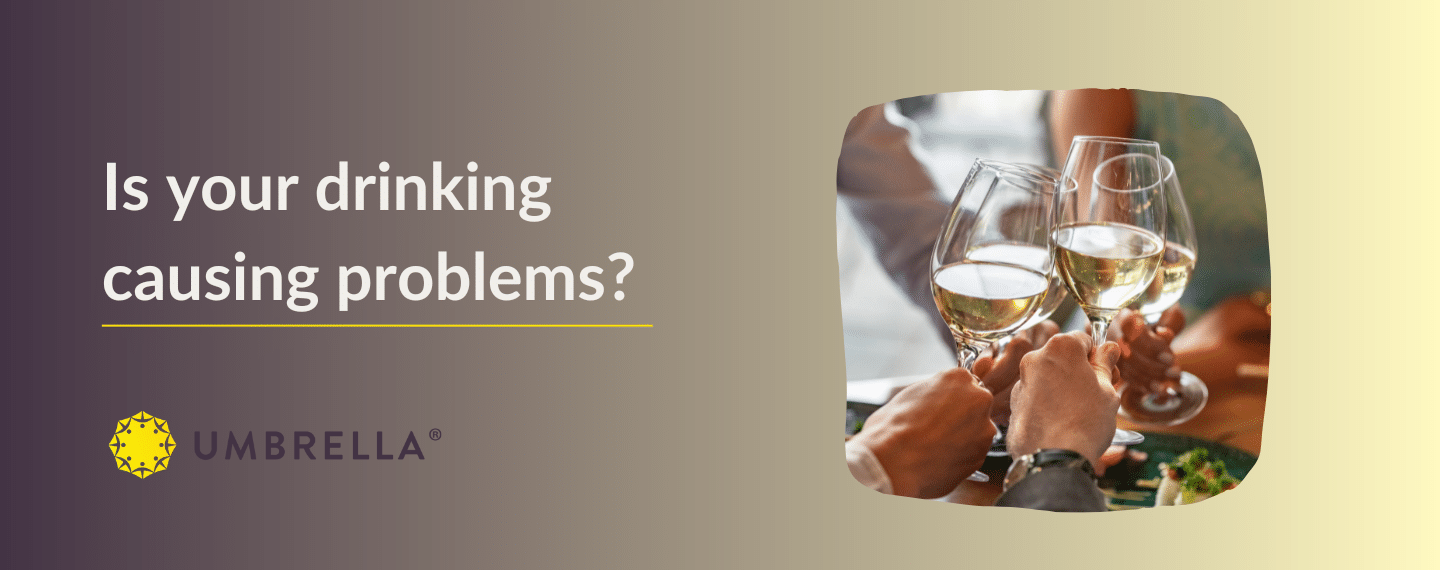Let’s imagine a person named Jessie. Jessie has always enjoyed a few drinks, but recently seems to be turning to alcohol more and more often. Sometimes it’s out of boredom. Sometimes it’s out of stress. Having a few drinks has become Jessie’s “go to” to unwind each day after work. Jessie notices feeling slower and less mentally sharp in the morning, and has less energy for exercise or family and friends. Jessie doesn’t think that it’s too much of a problem, but it is starting to feel a bit unhealthy. Whenever Jessie has thought about cutting down the drinking, it just never quite seems to stick. Recently, Jessie feels more and more embarrassed taking out the overflowing recycling bin each week.
Jessie’s story may sound familiar to you from your own experiences or from someone in your life. It’s a common challenge. The NZ Drug Foundation estimates that about 50,000 people each year in Aotearoa New Zealand receive support for alcohol and drug use, yet this is only about one-third of the people experiencing problems with alcohol and drugs.
In our work as psychologists, we have often seen people who are unsure about whether or not they have a problem with alcohol or drugs. Just like Jessie, they can see that it isn’t the healthiest thing for them, but aren’t sure how big the problem really is. Understandably, they like some things about drinking – such as the feeling of relaxation after the first drink. But there’s also stuff they don’t like so much – like the regular hangover, or the stupid things they have said after a few, or the fights with their partner.
If you are wondering about your own drinking, or that of someone you know, here are a few signs that it is becoming a problem.
- Increased tolerance: At first, 2 drinks was enough to relax, then it was 3, now it’s 4. The more you drink, the more your body adapts, so that the same amount has less effect.
- It’s hard to stop or cut back: Despite really good intentions to stop at 3 drinks, you keep finding yourself having more. Like Jessie, you may have tried or thought about stopping or cutting back many times, but each time something gets in the way. If you do stop for a bit, you might feel quite irritable or anxious, feel physically unwell, or find it hard to think about things other than drinking. These are signs of withdrawal – your body has come to expect your next drink, so reacts when it doesn’t come. This withdrawal can get you stuck on a treadmill of drinking just to try to feel normal again.
- Problems with others: Often, others in your life such as your family or friends might see a problem with your drinking before you do. They might notice changes in how you act or interact with them, or may feel like you prioritise drinking over them, which can lead to a lot of conflict.
- Dropping the ball: It gets harder and harder to keep on top of everything, and so things start to slip. That might be at work, or other responsibilities such as parenting or housework. You might struggle to do as good a job as you used to, or you might need others to cover for you.
- Life feels smaller: Sometimes, we stop doing things that matter, or only do them if we can do them while drinking. This starts to limit your life and can lead to giving up hobbies or even people that you used to enjoy. At first, you might not really notice, but over time it can feel like life has gotten smaller, that you do less and less with your time, and that drinking has become a bigger and bigger part of your world.
- Secrecy or embarrassment: Like Jessie, do you feel embarrassed about the number of empty bottles in the recycling? Do you downplay how many drinks you’ve had or drink in secret? If you feel embarrassed about your behaviour or feel that you have to hide it, it probably isn’t working very well for you.
- Physical and mental health: Drinking too much can lead to a range of other health challenges, including things like low mood and depression, liver damage and digestive issues.
The impact your drinking is having on your life is more important than exactly how much you are drinking. Regardless of the amount, if it’s feeling like your drinking doesn’t serve you well, the next step is to talk with someone you trust to help figure out a way forward that works better for you. That could be a friend or whānau member, your doctor or a mental health professional.
If you’re concerned about the drinking or drug use of someone in your life, offering support and encouraging the person to seek professional help are useful first steps. It can be a really challenging conversation for both people as it’s a topic where there is often a lot of shame, fear of judgement, and fear of what they might lose. It’s also normal for people to have mixed feelings about stopping drinking, even when it is causing problems. Striking the balance between supporting someone while not enabling them to keep drinking can be tricky to find. Getting your own support from people you trust is important.
If you’re concerned about your own or someone else’s drug and alcohol use, our colleagues from Explore can help. Make a referral:
0800 124 126




